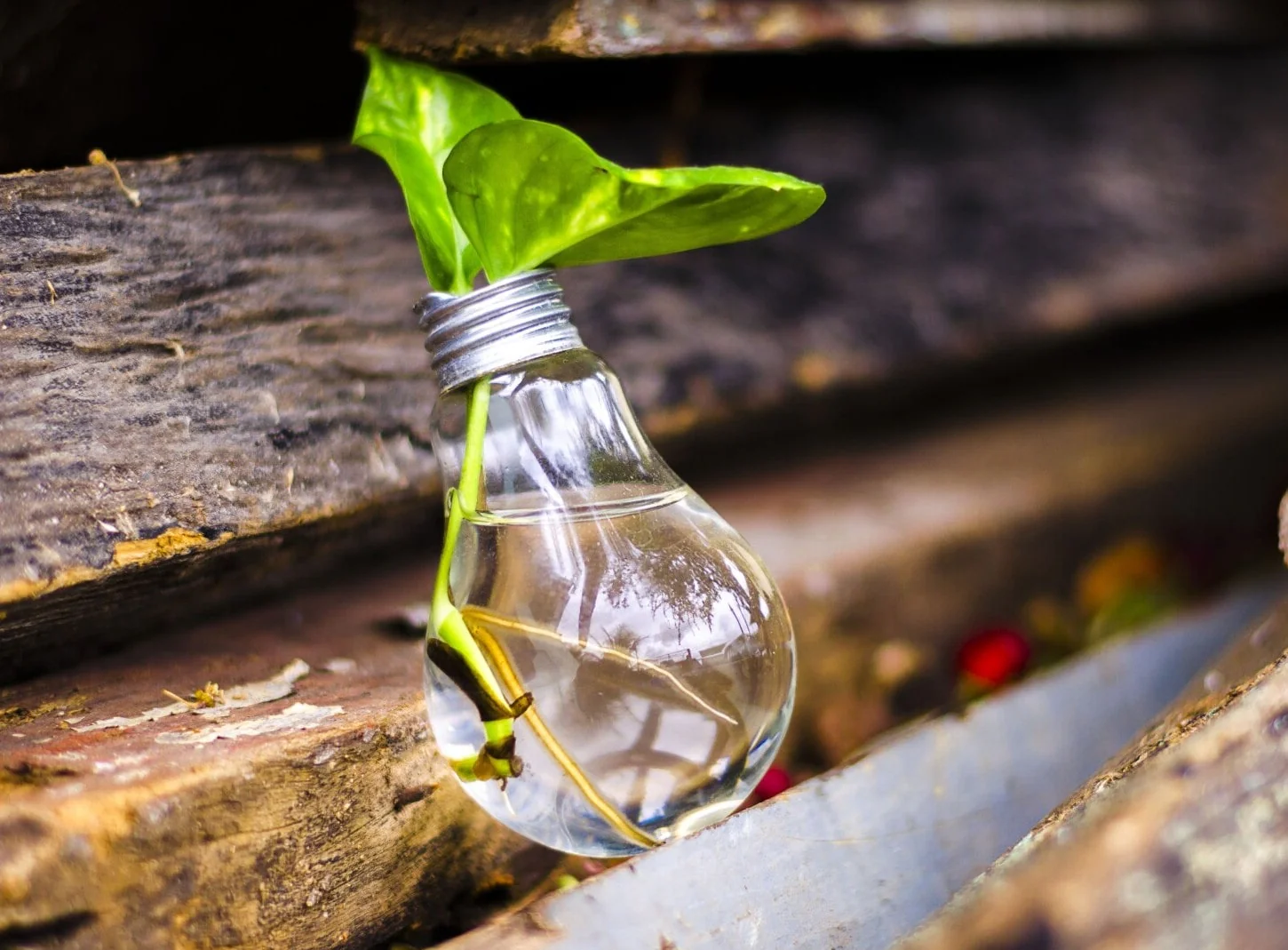Introduction
In our fast-paced, convenience-driven world, taking small steps to reduce our environmental footprint has never been more crucial. One effective way to do this is through bulb recycling. Not only does it help protect the environment, but it also contributes to a healthier world for future generations. This blog post will explore the significance of bulb recycling services, highlighting their positive impact on both the environment and human health. We will also guide you on how to choose the right service for your needs and offer practical tips for implementing a bulb recycling program in your home or business. Whether you’re an eco-conscious consumer or a facility manager, this post is for you.
The Impact of Improper Disposal of Bulbs
Improper disposal of bulbs poses significant risks to both the environment and public health. Many bulbs, such as fluorescent and compact fluorescent lamps (CFLs), contain hazardous substances like mercury. When these bulbs are discarded in landfills, the mercury can leach into the soil and waterways, contaminating them. This contamination can harm wildlife and even enter the human food chain, leading to serious health issues.
Besides mercury, other harmful chemicals and heavy metals in bulbs can contribute to air and water pollution. When bulbs are incinerated, these substances can release toxic fumes into the atmosphere, contributing to air pollution and climate change. Furthermore, improperly disposed bulbs can take up valuable space in landfills, exacerbating the growing waste management problem.
By recycling bulbs properly, we can mitigate these environmental and health risks. This process ensures that hazardous materials are handled safely and broken down into reusable components, reducing pollution and conserving natural resources.
Overview of Different Types of Bulbs and Their Recycling Processes
Understanding the different types of bulbs and their recycling processes is essential for effective bulb recycling. Common types of bulbs include incandescent, LED, and fluorescent bulbs, each requiring specific recycling methods.
Incandescent bulbs, made from materials like glass, metal, and tungsten, are relatively straightforward to recycle. However, they are not widely accepted by most recycling programs due to their low material value. It’s essential to check with your local recycling service to see if they accept incandescent bulbs.
LED bulbs, on the other hand, contain valuable materials like aluminum, copper, and rare earth elements. These materials can be recovered and reused, making LED bulb recycling an environmentally friendly option. Many recycling programs now accept LED bulbs, given their growing popularity and recyclability.
Fluorescent bulbs, including CFLs, require special handling due to their mercury content. These bulbs are typically processed using specialized equipment that captures and safely disposes of mercury while recovering glass, metal, and phosphor powder for reuse.
Benefits of Using Professional Bulb Recycling Services
Opting for professional bulb recycling services offers numerous benefits for both individuals and businesses. Firstly, these services ensure that bulbs are recycled in compliance with environmental regulations, minimizing the risk of fines and penalties for improper disposal.
Professional recycling services also provide a convenient solution for managing bulb waste. By partnering with a reliable service, you can streamline your recycling efforts and focus on your core business activities without worrying about compliance issues or environmental impacts.
Additionally, utilizing professional services can enhance your organization’s reputation as an environmentally responsible entity. This can improve stakeholder relationships, attract eco-conscious customers, and even lead to cost savings through reduced waste management expenses.
Case Studies of Successful Bulb Recycling Initiatives
Examining successful bulb recycling initiatives can provide valuable insights and inspiration for your own efforts. For example, a prominent technology company implemented a comprehensive bulb recycling program across its global offices. By collaborating with a specialized recycling provider, the company effectively managed its bulb waste and reduced its environmental impact.
Another case study involves a local government that launched a community-wide bulb recycling campaign. By providing accessible drop-off locations and promoting the benefits of recycling, the initiative significantly increased the recycling rate and minimized hazardous waste in the area.
These examples demonstrate the positive impact of well-executed bulb recycling initiatives and highlight the potential for real change when individuals and organizations work together.
How to Find and Choose the Right Bulb Recycling Service
Selecting the right bulb recycling service is crucial for achieving your environmental goals. Start by researching local providers and evaluating their services based on factors like compliance with regulations, experience, and reputation.
It’s essential to choose a service that offers flexible solutions tailored to your specific needs. Whether you require a one-time pickup or ongoing recycling support, look for a provider that can accommodate your requirements efficiently.
Additionally, consider the level of customer support offered by the service. A responsive and knowledgeable team can help address any questions or concerns, ensuring a smooth and hassle-free recycling experience.
Practical Tips for Implementing a Bulb Recycling Program
Implementing a successful bulb recycling program requires careful planning and execution. Begin by assessing your current bulb usage and waste generation to determine the scale of your program.
Next, educate your staff or household members about the importance of proper bulb disposal and provide clear instructions for participating in the program. Consider placing recycling bins in accessible locations and labeling them clearly to encourage participation.
Lastly, monitor the progress of your recycling efforts and make adjustments as needed. Regularly review your program’s performance and seek feedback from participants to identify opportunities for improvement.
Conclusion
Bulb recycling services play a vital role in promoting environmental sustainability and protecting public health. By understanding the impact of improper disposal, recognizing the benefits of professional services, and implementing effective recycling programs, we can all contribute to a greener future. We encourage you to explore the available recycling resources in your community and take action today. Together, we can make a difference and create a cleaner, healthier world for generations to come.
